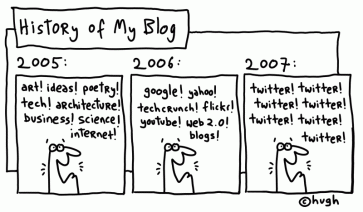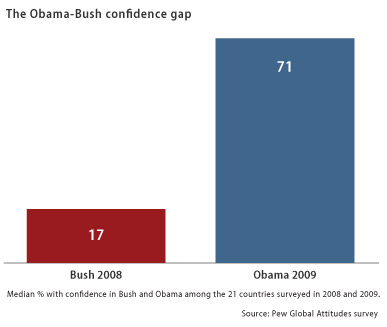At the very end of “A 21st Century Model for Communication in the Global War of Idea”, Corman, Trethewey, and Goodall (2007) write “Current strategic communication practice in the United States and Western countries is based on an outdated message influence model from the 1950s that views communication as a process of transmission from a source to a receiver using simple, consistent, repeated messages” and I completely agree. Communication with other countries and other people for that matter is billed as being extremely simple. You create a message and encode it with certain themes and undertones that you want to convey and then you transmit the message to the receiver in some format and then the receiver decodes the message and understands exactly what you wanted them to understand.
Yeah. Right. Ok. I don’t think so. Communication doesn’t work that simply. If it did, there wouldn’t be so many misunderstandings in the world and I may never have gotten into an argument with a really good friend after my freshman year. (But, that’s a story for another time.) I think that they bring up a really interesting way to look at the communication model with the Pragmatic Complexity Model. It took me a little bit to figure out exactly what they were talking about, but I think I finally figured it out. In a nutshell, you have two people. Person A is going to send a message to Person B, so they figure out what it is they want to convey and they encode it in the message. The message then travels across some particular medium, and is then decoded by Person B. But, when Person B decodes it, there is noise that has interfered with the message as it traveled on the medium and Person B is also interpreting the message through the actions and behavior of Person A. And yet, Person A is acting based on the reactions of Person B. At least, I think that’s what’s going on. So, in a way we have this giant spiral that muddles with the message itself, no matter how simple it is.
This makes perfect sense to me. It pretty much says, “Hey look! We all interpret things differently and thus communication is never going to be perfect!” Which I guess is why I find it slightly disturbing that the United States government is still stuck in the old methods. How do we ever plan on communicating and actually having our messages understood if we just assume that people will always just understand? Why do we see that these old models do not and yet do nothing to fix them? I think that if we are going to make any headway in public diplomacy or in simply fixing our reputation abroad, the U.S. Government should possibly learn of the Pragmatic Complexity Model and learn to use it.
~Becky
—
Source: Corman, S., Trethewey, A., & Goodall, B. (2007). A 21st century model for communication in the global war of ideas . Informally published manuscript, Consortium for Strategic Communication, Arizona State University, Phoenix, Arizona.




